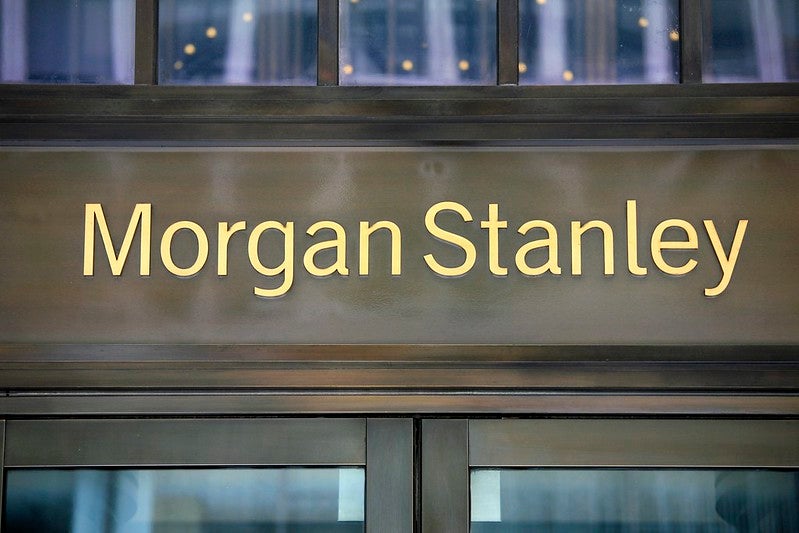Swiss Secrecy has come to an end under the OECD agreement signed this month. The traditional advantage has gone, leaving clients to decide whether to bank in Switzerland or elsewhere. It would appear that a level playing field has now emerged between Switzerland and other countries.
Many banks are pulling out of the country. HSBC and Standard Chartered recently put their Swiss divisions up for sale. Last month Morgan Stanley sold its division to Sarasin and Coutts has also been rumoured to have hoisted a ‘for sale sign’ over its Swiss business, although Coutts strongly deny this. Profitability in Swiss private banking has come under pressure in recent years amid US and European investigations into the use of Swiss banks by foreigners seeking to avoid taxes in their home countries.
Hot on the heels of Switzerland is Singapore, which is predicted to overtake Switzerland in the coming years. Singapore has also signed up to the OECD and FATCA, putting an end to non disclosed money. Do banks in Singapore feel they have an advantage, being positioned in the fastest growing region, or do Swiss banks still feel they can provide better service to clients due to their heritage and long established skills in private banking? If so what should Swiss banks be doing to remain attractive to clients now that non-disclosure has ended? Improve standard of service?
We may see global Swiss banks redirect their focus to the APAC region, which is accumulating wealth at double the rate of Europe, and expand their hubs in Singapore to cater for the boom in Asia. However the job is made harder by the fact that wealthy entrepreneurs in Southeast Asia typically like to hand their business to more than one bank at a time. Unlike in Europe, loyalty is low.
Swiss banks such as Credit Suisse, UBS, and Julius Baer all operate in Singapore. For these banks the question is less about whether Singapore will overtake Switzerland but whether they can make money from the accelerated wealth trend in APAC?
Singapore’s market is extremely crowded and clients are different to those in Europe. Asian clients are less interested in preserving their wealth, like Europeans, but more on achieving a high yield. Swiss banks have to come up with structured products to cater for Asian clients, as well as secondary market issues and IPOs. This is proving difficult for Swiss banks to have a substantial market size and dictate the price and compete against Singapore banks, such as DBS and Bank of Singapore, who are better equipped.
How well do you really know your competitors?
Access the most comprehensive Company Profiles on the market, powered by GlobalData. Save hours of research. Gain competitive edge.

Thank you!
Your download email will arrive shortly
Not ready to buy yet? Download a free sample
We are confident about the unique quality of our Company Profiles. However, we want you to make the most beneficial decision for your business, so we offer a free sample that you can download by submitting the below form
By GlobalData






